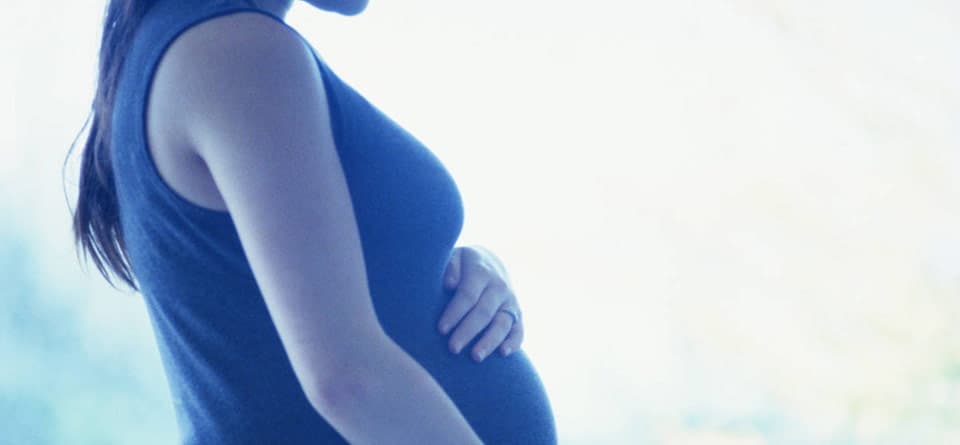Teenage pregnancy is associated with health challenges and health risk behaviours. However, promoting protective factors in the lives of young people who are involved in a pregnancy may help foster healthy development. This is the conclusion from the recently released fact sheet from the McCreary Center Society about youth and pregnancy involvement.
The fact sheet used data from over 29,000 youth who completed the 2008 BC Adolescent Health Survey and focuses on sexually active youth. (Sexually active refers to youth who answered on the survey that they had ever had sexual intercourse). The fact sheet contrasts those who had a history of pregnancy involvement with their peers who did not report pregnancy involveÂment.
In total 22% of BC youth reported that they were sexually active. Among sexually active youth, 7% had been involved in at least one pregnancy. Males were more likely than females to be involved in multiple pregnancies and to be unsure if they had been involved in a pregnancy (4% vs. 1%).
Some youth appeared to be more likely to be involved in a pregnancy including lesbian, gay, or bisexual (LGB) youth, youth who had been in government care (foster care, group home, or on a youth agreement), youth who had been physically or sexually abused, youth who had run away or moved frequently, youth who went to bed hungry because there was not enough food at home, and youth with a family member or friend who had committed suicide.
The fact sheet establishes the relationship between pregnancy involvement and risky sexual behaviours, substance use, school involvement, mental health and support networks. Youth with a history of pregnancy were more likely than non-pregÂnancy involved youth to have reported binge drinking (31% vs. 15%), skipped 11 or more full days of school in the past month (21% vs. 4%), view themselves less positively, for example, they were less likely to say they felt good about themselves (72% vs. 84%) and more likely to say that their lives were not very useful (30% vs. 17%). For youth who were involved in a pregnancy the presence of protective factors, such as supportive adults and peers was helpful in reducing some of the risky behaviours linked to poorer health and greater health compromising behaviours.
Sexually active youth who were less likely to be involved in a pregnancy reported having protective factors in their lives such as positive family, school and peer relationships, were engaged in meaningful activities and felt they were good at something (such as sports, school, art, computÂers, life skills).
Interested in learning more about protective factors? The BC Council for Families’ My Tween and Me program combines information, discussion and interaction, parents become aware of the risks tweens face, and they also learn to identify the protective factors that are unique to their family: factors that will help prevent risk-taking behaviours later in their tween’s life. If you are interested in becoming a trained My tween and Me Leader the Langley Middle Childhood Matters Committee is hosting a training on April 12 – 13, 2012. Contact Hattie Hogeterp — Langley Middle Childhood Matters Coordinator for more details.
~~~~~~~~~~~~~~~~~~~~~~~~~~~
Article courtesy: by Pilar Onatra
http://www.bccf.ca/

